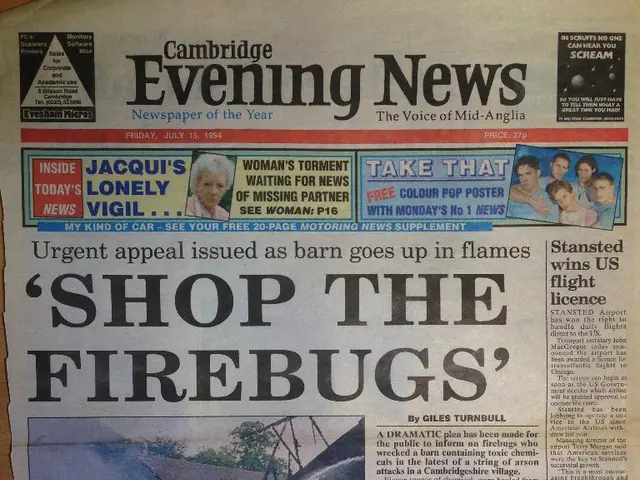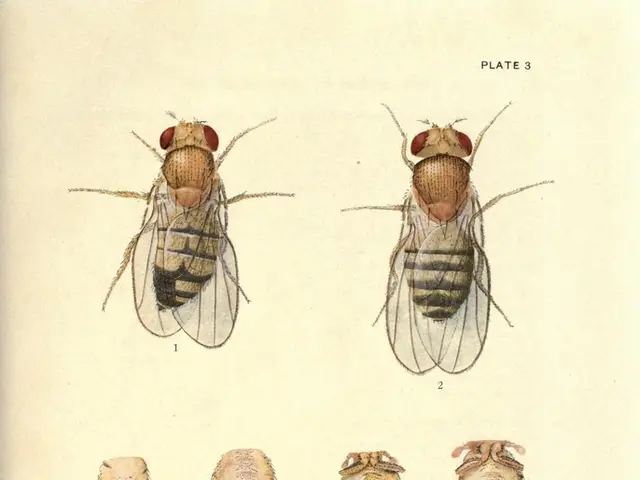Instructions for Protecting the Chelyabinsk Region from Snakes: Disinfectant Officer's Guidelines
In the Southern Ural region this year, an uptick in snake sightings has been reported, with a recent incident involving a venomous viper bite on a child in Nizhny Tagil. As spring arrives, gardeners in the region are finding these encounters increasingly common.
As snakes awaken from hibernation and begin their mating season, they seek out hidden spots on garden plots, often found in sheds, stone piles, and tall grass. To minimize the risk of these unwanted guests, specialists advise maintaining a clean garden terrain.
Ekaterina Shvetsova, an employee of a Chelyabinsk disinfection company, explained to "First Regional Information Agency" that there has been a marked increase in requests for snake repellents and plot treatments. Last year saw a significant surge in demand, and this year has followed a similar trend.
When simple tidying is insufficient, gardeners often turn to self-administered tablet and repellent treatments, readily available on marketplaces and in garden stores. These products are scattered around the plot, causing snakes, who dislike the smell, to move away from the protected perimeter.
A Chelyabinsk gardener, Darya Klimova, shared her personal experience: "Last year, snakes were on our plot, and I'm terrified of them. We treated the plot ourselves and didn't see any for the rest of the season."
In addition to self-treatment, some individuals opt for specialized services that treat the terrain using a benzine sprayer. Ekaterina Shvetsova explained that this method repels rather than harms the snakes, as many are protected species.
If a snake nest is discovered on a plot, it is advisable to call disinfection services rather than attempting to handle the situation oneself.
In case of an encounter with a snake, remain calm and avoid sudden movements. Give the snake a chance to move away on its own, as vipers generally avoid human contact. If the snake becomes aggressive, slowly back away.
When in the woods or nature, be mindful to look down and probe the grass ahead with a stick to prevent bites. If a bite cannot be avoided, immediate medical attention should be sought, and the bitten limb should be immobilized until help arrives. And remember, do not attempt to suck out the venom.
For additional protection, consider implementing natural deterrents, physical barriers, and environmental modifications. Planting mint, basil, or hot peppers around the garden perimeter can help repel snakes, while removing debris, reducing moisture, and eliminating rodents can make the area less appealing to snakes.
While these measures can help discourage snakes, they may not entirely eradicate their presence. If the issue persists, consult local wildlife control services for further assistance.
I'm not sure about adopting pets like snakes, given the increased reports of encounters in our home-and-garden lifestyle, such as the venomous viper bite incident. To ensure a safe lifestyle for my family and pets, I might consider adopting gardening practices that repel snakes, like using snake repellents, or even natural deterrents such as planting mint, basil, or hot peppers around the garden perimeter.








